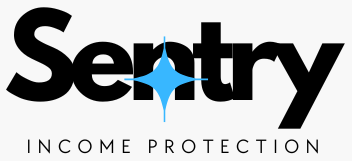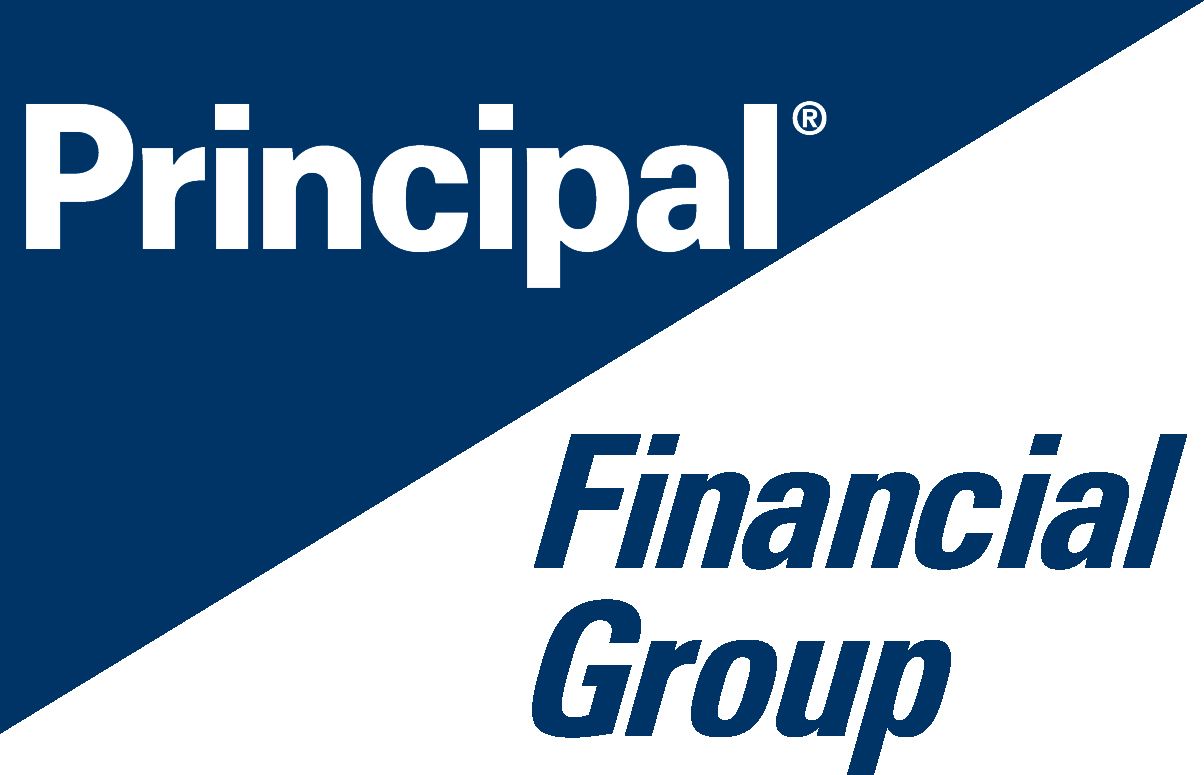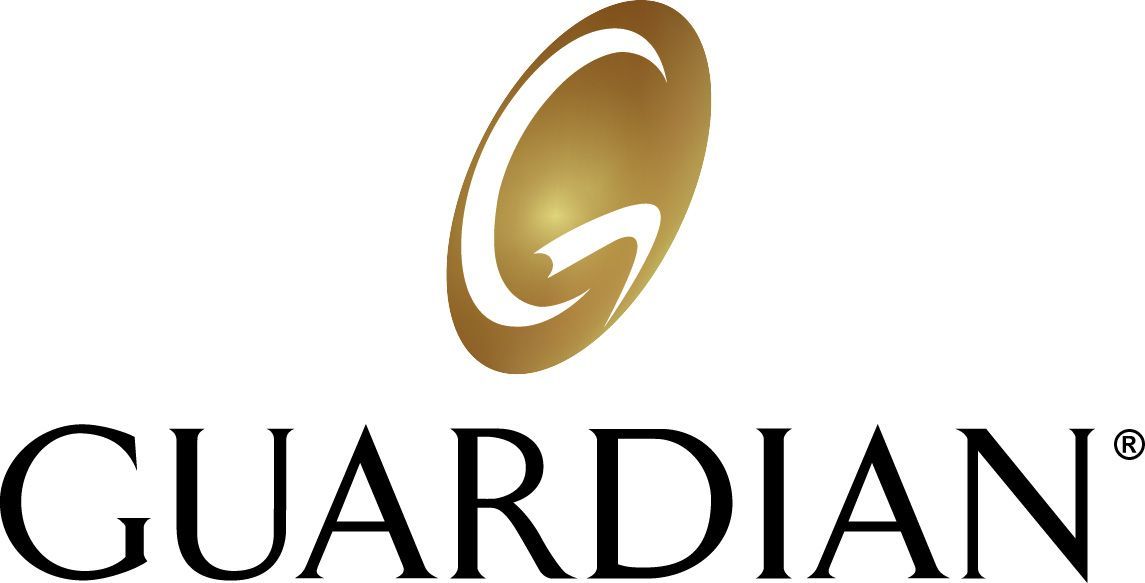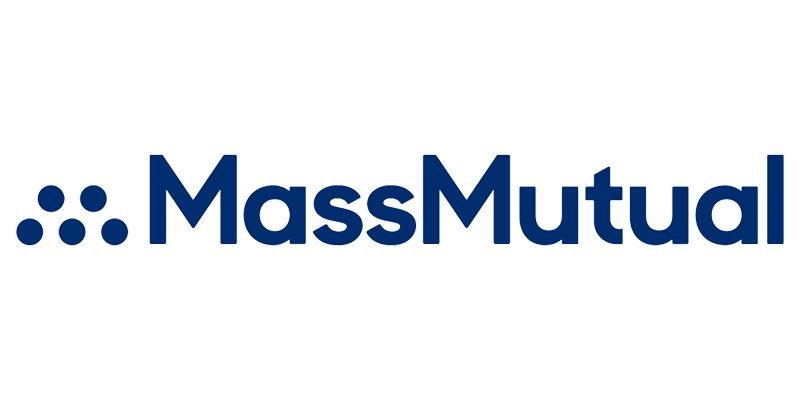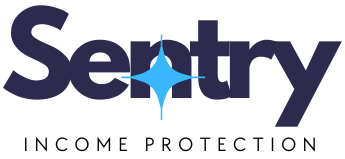Disability income protection insurance is a living benefit that provides income should you become temporarily or permanently ill or injured
Own Occupation Disability Insurance in Dallas TX
We are an independent insurance agency specializing in private disability insurance for self-employed individuals and those seeking additional coverage. Representing the top carriers, we tailor solutions to your needs and budget.
Personalized Unbiased Opinion
We are an INDEPENDENT AGENCY that specializes in it's clients well being, and Own Occupation Disability Insurance. Because we are independent we can give you an unbiased opinion on all the top rated disability insurance carriers and pricing.


Simple Process
1. Request a Quote Below
2. We'll be in touch
3. Research coverage and price
4. You get personalized quotes
We specialize in private disability insurance for high-income professionals. Your information is secure and never shared.
Own Occupation Disability Insurance Dallas TX
Call (469) 905-4422 for a free Disability Insurance quote! Let Sentry Income Protection safeguard your future.
Looking to protect your income as a self-employed professional? Disability insurance can be a lifeline, but understanding your options is key. We’ll break it down clearly. As a trusted independent disability insurance agency, Sentry Income Protection is here to help. Call us at 469-905-4422 we’re happy to chat!
Protecting Your Earning Power in Dallas
If you live and work in Dallas, your ability to earn a living is likely one of your greatest financial assets. Whether your office overlooks Klyde Warren Park, you manage a practice in Preston Hollow, or you’re an executive in a North Dallas firm, your career represents years of hard work and education. But what would happen if an injury or illness prevented you from performing the duties of your specific occupation? That’s where own occupation disability insurance becomes an essential piece of your financial plan.
What Own Occupation Disability Insurance Means
Own occupation disability insurance is designed to replace your income if you become unable to perform the material and substantial duties of your current profession, even if you’re capable of working in another capacity. Unlike “any occupation” coverage, which only pays benefits if you can’t work at all, an own occupation policy allows you to receive benefits if you can no longer perform the specific job you were trained and hired to do.
For example, imagine a surgeon at UT Southwestern who develops a tremor and can no longer perform operations. With an own occupation policy, that surgeon could still collect full disability benefits, even if they decide to teach medical students or consult for a healthcare company. The policy recognizes that performing surgery and teaching are different occupations. That flexibility is what makes own occupation coverage so valuable for highly trained professionals.
The Different Types of Own Occupation Definitions
Not all own occupation policies are created equal. Insurance companies use variations of the term that can make a big difference when it comes time to file a claim. Understanding these distinctions is key to choosing the right coverage.
- True or Pure Own Occupation: This is the gold standard. It pays full benefits if you can’t perform your original occupation, even if you earn income doing something else. In the surgeon example, a true own occupation policy continues to pay while the surgeon earns money in a different role.
- Modified Own Occupation: This version covers you for a limited period under the own occupation definition, typically two to five years, before transitioning to an any occupation definition. Once that period ends, you would need to be unable to perform any reasonable job to keep receiving benefits.
- Own Occupation Not Otherwise Engaged: Under this definition, you must not be working in any other job while claiming benefits. If you return to work in any capacity, even outside your specialty, your benefits stop.
- Transitional Own Occupation: This type allows you to work in another role and still collect partial benefits, but only if your income in the new job is lower than it was before your disability.
Choosing the right definition often depends on your profession, income level, and tolerance for risk. For many high-income earners in Dallas, doctors, attorneys, business owners, and executives, a true own occupation policy provides the most protection and flexibility.
Why It Matters for Dallas Professionals
Dallas is home to some of the country’s most competitive professional sectors. Physicians in the Baylor or Medical City networks, attorneys in Uptown firms, and entrepreneurs running small businesses across Frisco or Plano all share a common vulnerability: their income depends heavily on their ability to perform specialized tasks.
If you’re a dentist in Highland Park or an engineer working in Las Colinas, a partial disability could make it difficult to do your job at full capacity, even if you’re still able to work elsewhere. Without own occupation protection, you might not qualify for benefits at all. The right policy ensures that a temporary or permanent impairment doesn’t erase years of hard work and financial planning.
Key Policy Features to Consider
A quality own occupation policy is more than just a definition of disability. It’s built from several features that determine how and when your benefits will be paid.
Residual or Partial Disability Benefits: Many disabling conditions don’t eliminate your ability to work completely but instead reduce your income or workload. A residual benefit rider ensures you can still receive partial payments if your earnings drop due to a covered disability.
Elimination Period: This is the waiting period between when your disability begins and when your benefits start, often 90 days. Selecting the right elimination period helps balance affordability with timely protection.
Benefit Period: This determines how long your payments continue once you qualify for benefits. Many professionals choose policies that pay until age 65 or even 67 to bridge the gap until retirement.
Optional Riders: Riders such as cost-of-living adjustments, future increase options, and pure own occupation riders can enhance your coverage. For example, a future increase rider allows you to raise your monthly benefit as your income grows, without new medical underwriting.
Individual vs. Group Disability Coverage
Many Dallas professionals rely on employer-provided group disability coverage. While that’s a good start, group plans often define disability under an “any occupation” standard or limit own occupation protection to a short period. Benefits may also be taxable if your employer pays the premiums.
An individual own occupation policy, on the other hand, is tailored to your income, occupation, and long-term needs. You own the policy, so it stays with you even if you change jobs or start your own practice in Southlake or Richardson. Premiums are paid with after-tax dollars, meaning your benefits are generally tax-free.
Cost vs. Coverage Considerations
True own occupation policies are more expensive than limited or modified versions, but the additional cost often proves worthwhile when you consider what’s at stake. Think of it as ensuring your financial independence. If a disability prevents you from working in your chosen profession, you can still maintain your lifestyle, cover your bills, and continue contributing to your long-term goals.
As a financial advisor would explain, the best approach is to balance cost and coverage. Compare carriers, review contract definitions carefully, and confirm whether riders like residual benefits or pure own occupation coverage are included. Not every policy uses the same language, so reading the fine print matters.
Bringing It All Together
Living in a city as dynamic as Dallas means opportunities are everywhere, from medical and legal practices downtown to thriving businesses in Addison and Plano. But those opportunities also depend on your health and ability to perform your work at a high level. Own occupation disability insurance acts as a safeguard for your income, lifestyle, and family security.
When evaluating your coverage, focus on these questions:
- Would my current disability policy pay if I could no longer perform my exact job?
- Is the definition in my policy true own occupation, modified, or transitional?
- Do I have residual and future increase options?
If you’re unsure how your policy reads or what kind of coverage you have, it’s worth a professional review. Understanding the details today could make all the difference if life takes an unexpected turn tomorrow.
Final Thoughts for Dallas Residents
Dallas is full of hardworking professionals who have built their success through skill and persistence. Protecting that success requires the same level of planning. Whether you work in the Dallas Arts District, commute from Flower Mound, or run a growing business in The Colony, a well-structured own occupation disability insurance policy is one of the smartest investments you can make in your financial security.
Your ability to earn an income is the foundation of every other financial goal. Safeguard it with the right kind of coverage, and make sure it’s the definition that truly protects your occupation.
FAQs
Got a question? We’re here to help.

Why Have A Private Disability Insurance Policy
If you don't have access to group disability coverage or need more, we've got you covered. Disability insurance provides financial protection if you're unable to work due to injury or illness. It ensures stability by replacing lost income, covering living expenses, and safeguarding against debt like a mortgage. You can focus on recovery without worrying about financial strain. Secure your future and protect your livelihood with disability insurance.
